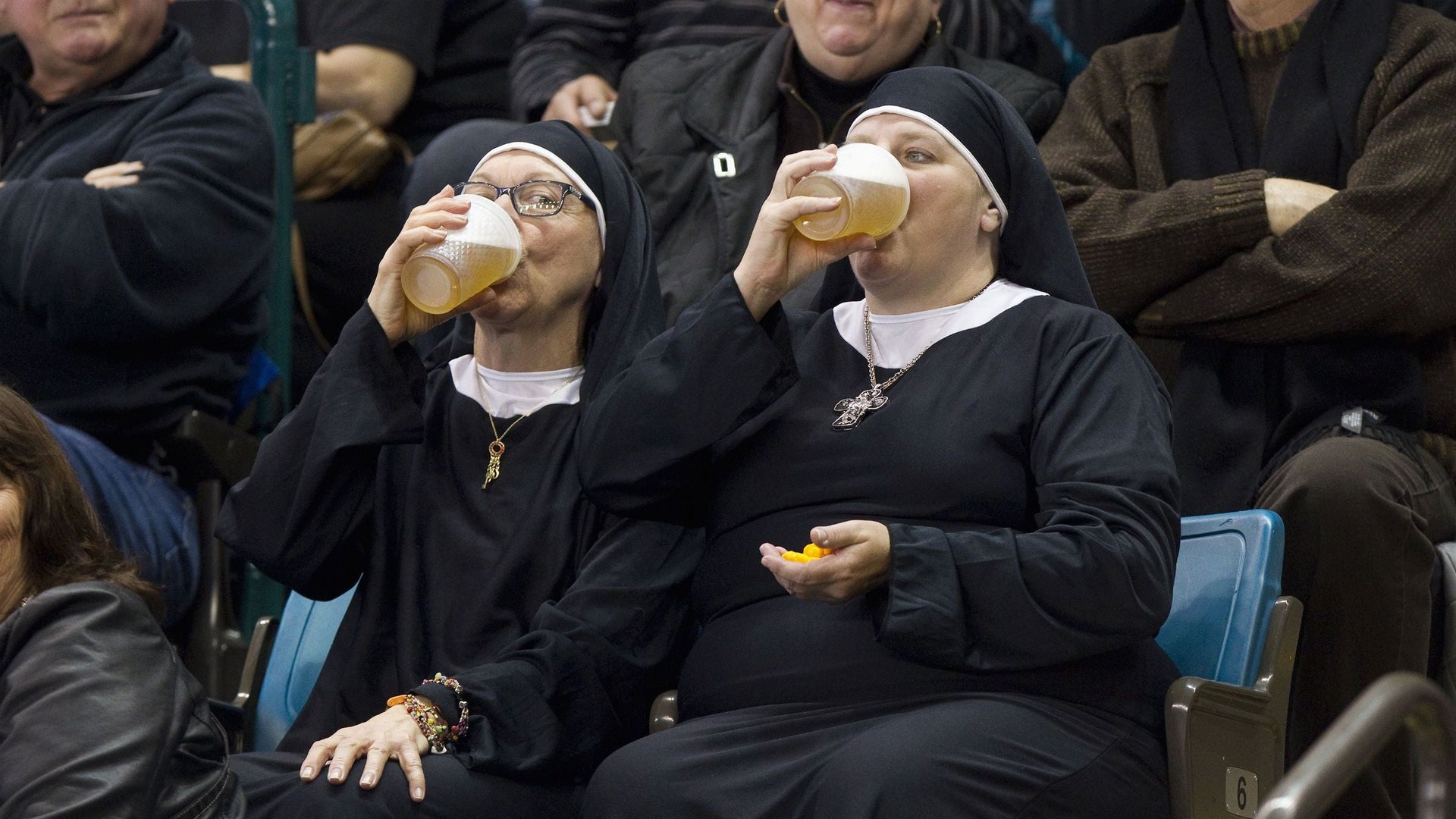How to get ahead as a businesswoman: Order a whiskey on the rocks
From Shanghai to São Paulo, Moscow to Lagos, the changing role of women in the emerging markets is causing major shifts in alcohol consumption.


From Shanghai to São Paulo, Moscow to Lagos, the changing role of women in the emerging markets is causing major shifts in alcohol consumption.
According to Harvard Business Review, income growth of women in developing countries reached 8.1% last year. The Grant Thornton International Business Report confirmed that 46% of Russian senior managers are now women and Boston Consulting Group recently reported that women now officially download more content—music and films—than men. With this tech savvy and sophisticated female demographic, companies can no longer depend on cliché marketing adages for women like “shrink and pink it.” This insight is particularly salient in the new ways that professional women around the globe are using alcohol to socialize, network, and assert their independence.
How do we know? We recently ran a cross-cultural, ethnographic study of female empowerment with one of the world’s leading global alcohol and beverage brands. It specifically focused on how women go out, and ultimately how they consume cocktails and drinks. In addition to extensive research and interviews with female entrepreneurs, health, beauty and cultural experts, we also spent a significant amount of time studying a select group of women in emerging market cities across the world: Lagos, Moscow, Bangkok, Shanghai, Seoul, and Sao Paulo, just to name a few.
Our study revealed that women in Russia, Nigeria, and Brazil are drinking more on average than their female counterparts in the United States. These changes are reflected in the ways that women are choosing to network. Professionals in our study described specific cocktail strategies to signify strength, confidence, and toughness to male colleagues. Take one of our participants, Gina, a tech entrepreneur from São Paulo. She told us that her choice of drink, and even the quantity she consumed, was part of her “hard-edged” business performance: “I would make a point of drinking rum, straight up, in a big glass wherever I was at a business networking event,” she said.
Poli, one of our subjects from Russia, explained that she was cultivating an expertise in cognac to aid her business ambitions. She described cognac as highly aspirational and business-like—a drink for “confident and experienced women,” she told us.
Em, in New York, proudly exhibits her connoisseurship of hard alcohol, specifically whiskey, in her business networking. She told us it was “empowering” in conversations to suddenly surprise her male counterparts with an expertise in something so typically masculine.
In China, where corporate drinking cultures are heavily centered on drinking games involving countless shots of baijiu (the national liquor with an ABV between 40-60%), career-driven women are taking charge and downing their drinks. The women in our study told us that participating in these games was a surefire way of communicating commitment to the job and a competitive edge.
Korea’s corporate cultures involving hoishik (literally a gathering to eat but nearly always involving heavy drinking) create similar expectations with unwritten social codes that punish those who can’t keep up the pace. “Not showing bottom-ups on these occasions is an affront to both the toastmasters and your colleagues,” one of our participants told us. The women engage in these games much the same way men have always networked on the golf course. Some of our subjects even said they used competitive drinking as a means of neutralizing gender. The winner is the winner, they told us, whether male or female.